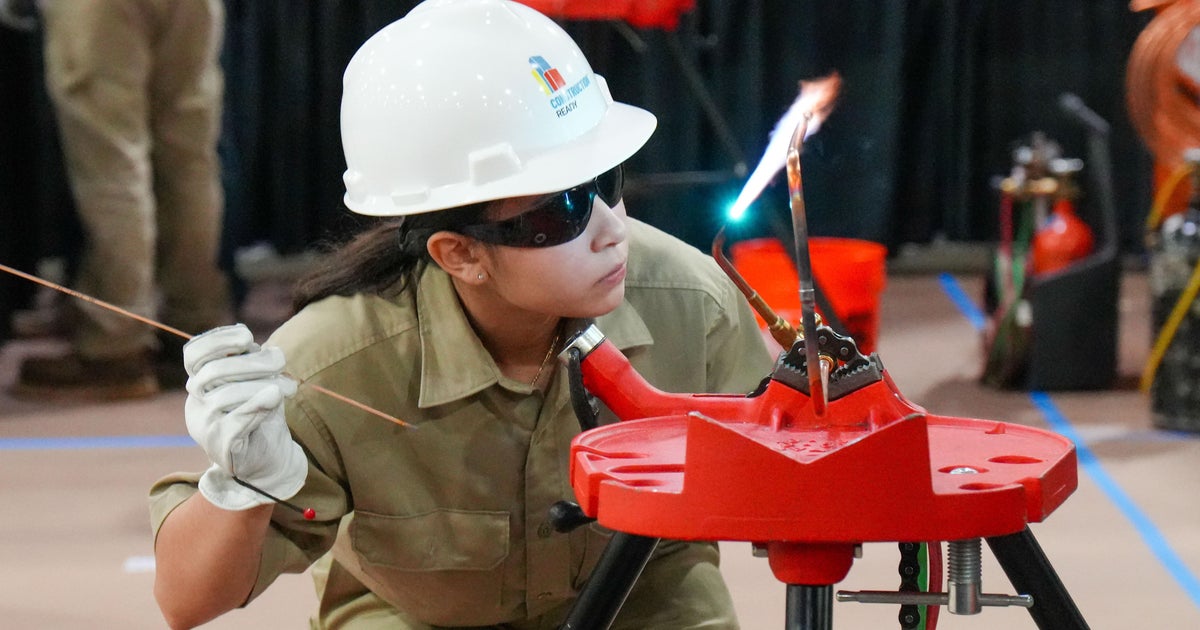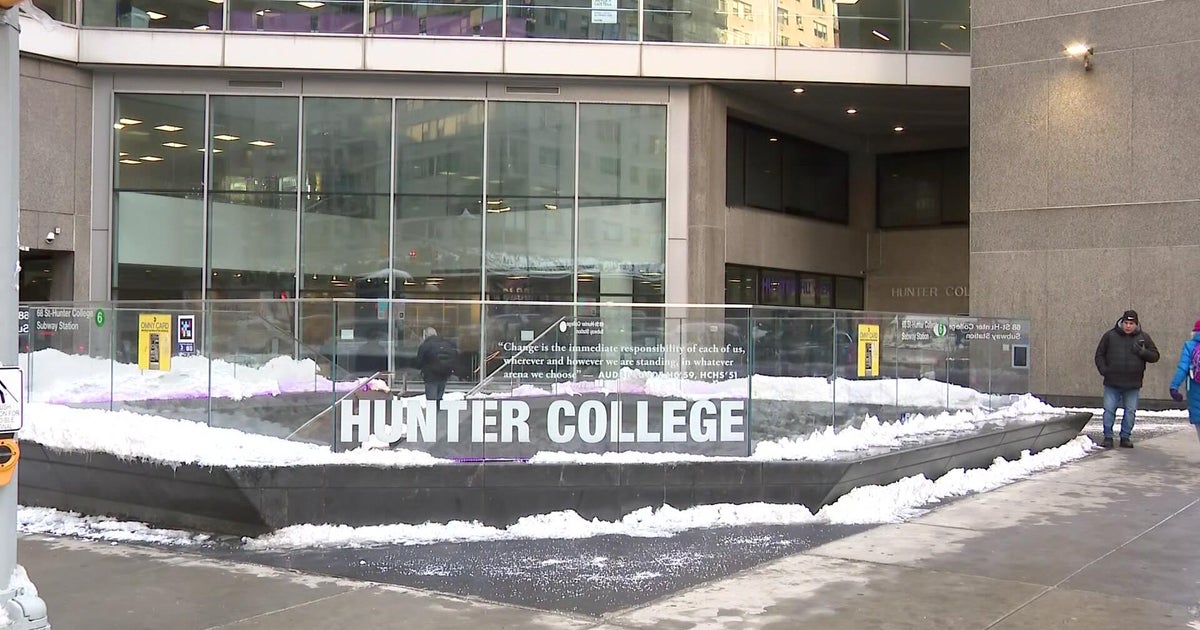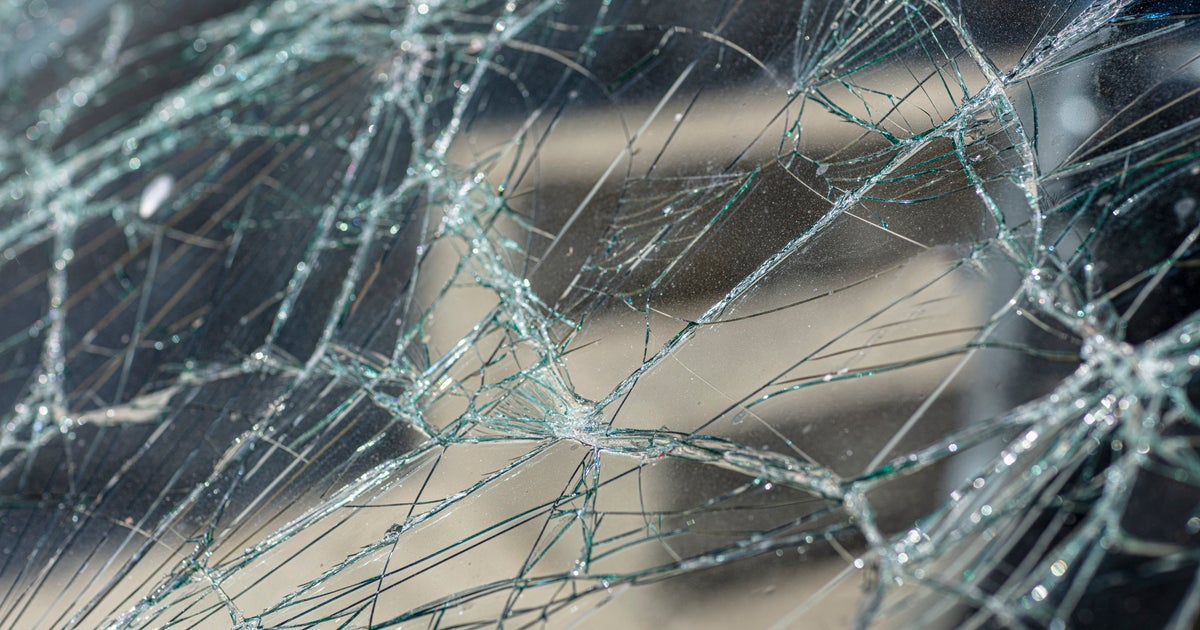Female AFA Leader: Ability, Confidence Propel Career
AIR FORCE ACADEMY, Colo. (AP) — Years before she became the first woman to lead the Air Force Academy, Lt. Gen. Michelle Johnson was at the controls of jet-powered transport planes, and in her 20s, she often commanded aircraft crews that included men old enough to be her father.
"That opens a lot of doors," she said.
Johnson, who became superintendent of the academy on Aug. 12, said she faced resistance and sexual harassment in her career, but competence and confidence helped her push through the ranks to one of the top jobs in the service.
She isn't surprised that 32 years passed between her graduation from the academy in 1981 — in the second class to include women — and her appointment as its first female superintendent.
"It takes 32 years to make a lieutenant general," she said in an interview Tuesday, referring to the experience and training to reach the required three-star rank.
She became superintendent during a time when the military is under increasing pressure from Congress and the president to prevent sexual assaults.
She acknowledged she suffered sexual harassment but didn't provide specifics.
"It's not been a systematic thing," she said. Her response was along the lines of "Knock it off," she said.
The Pentagon estimated in May that up to 26,000 military members may have been sexually assaulted last year. A series of sexual assault scandals made clear how serious the problem is, including allegations of misconduct against officers who led sexual assault prevention programs and a commander overturning a sexual assault conviction.
Johnson brushed aside questions about whether the military as a whole is improving and whether changes proposed by Congress would help, but she said the academy is making progress.
The number of sexual assault victims at the academy who are willing to provide information to investigators and prosecutors has risen about 50 percent in the past six months, she said, although the overall numbers are small.
An academy spokesman said later that specific numbers on recent months weren't available yet.
A sexual assault scandal shook the academy a decade ago. In January 2003, female cadets said that when they reported being sexually assaulted, they were punished for such minor infractions as drinking. Some sought help from a civilian rape crisis clinic, saying they feared their careers would suffer if they spoke with military commanders.
Top leaders at the academy were replaced and programs were put in place to prevent sexual assaults and encourage cadets to report incidents.
Johnson said the academy emphasizes caring for the victims of sexual assault and teaching cadets about the broad range of sexual violations, from harassment to violent assault.
"I think we're on to something here," she said.
The academy opened its doors to women in 1976, and the first female cadets encountered hostile faculty, commanders and male cadets. Some reported pressure to quit.
Johnson enrolled the next year, in "the bow wave of history," she said.
She became the school's first female Rhodes scholar and first female cadet wing commander. She played varsity basketball all four years at the academy and is the women's second-highest all-time scorer with 1,706 points.
Not everyone was happy to see women as cadets, she said.
"When I showed up, it was about change, and not everybody is happy about change," she said.
Coast Guard Rear Adm. Sandra Stosz was the first woman to lead a U.S. military academy, becoming superintendent of the Coast Guard Academy in New London, Conn., in 2011. Johnson is the first woman to be superintendent at any of the three best-known academies, Army, Navy and Air Force.
Johnson said she's grateful for the opportunity to lead the academy.
"It's kind of an amazing closure to be the superintendent of my alma mater."
- By Dan Elliott, AP Writer
(© Copyright 2013 The Associated Press. All Rights Reserved. This material may not be published, broadcast, rewritten or redistributed.)







